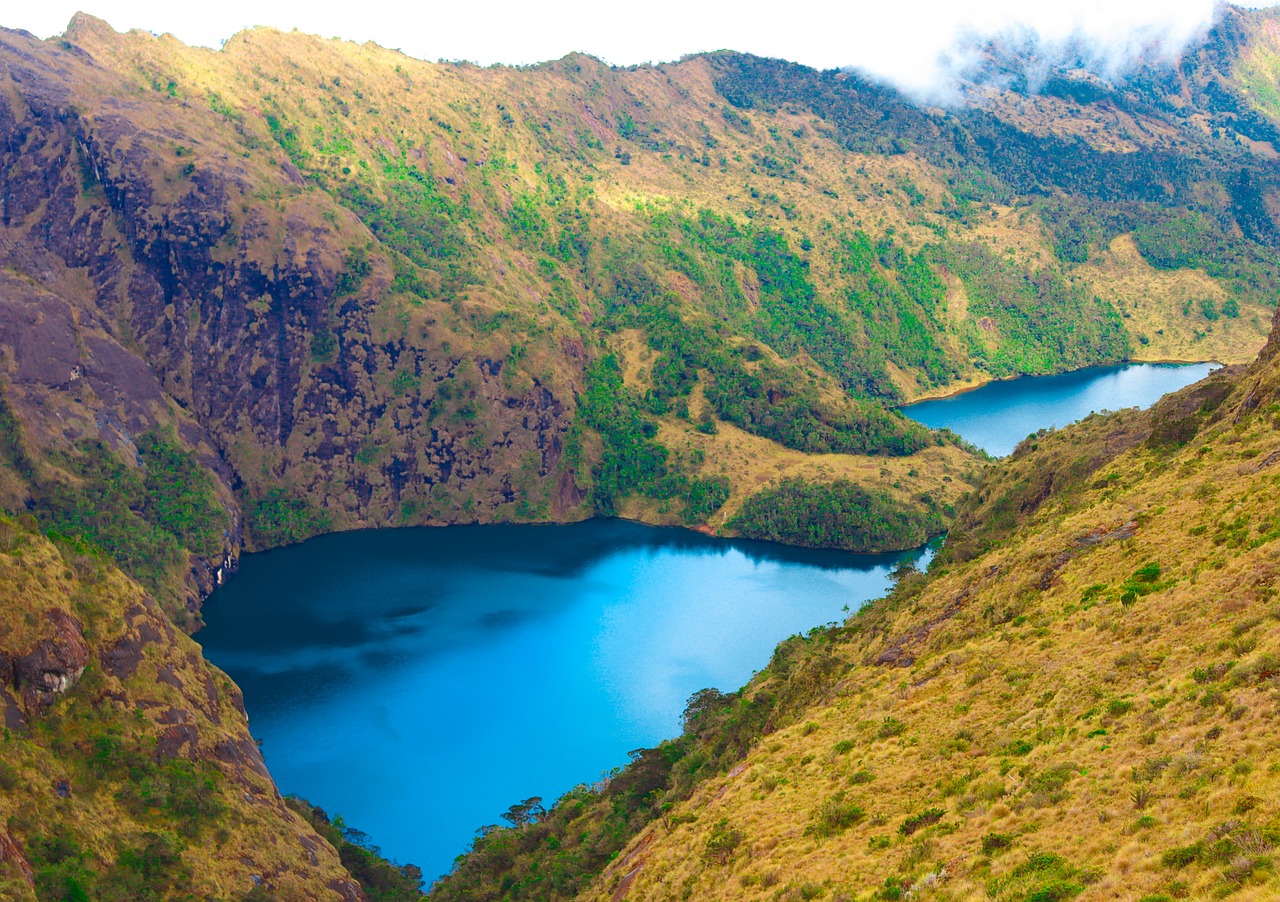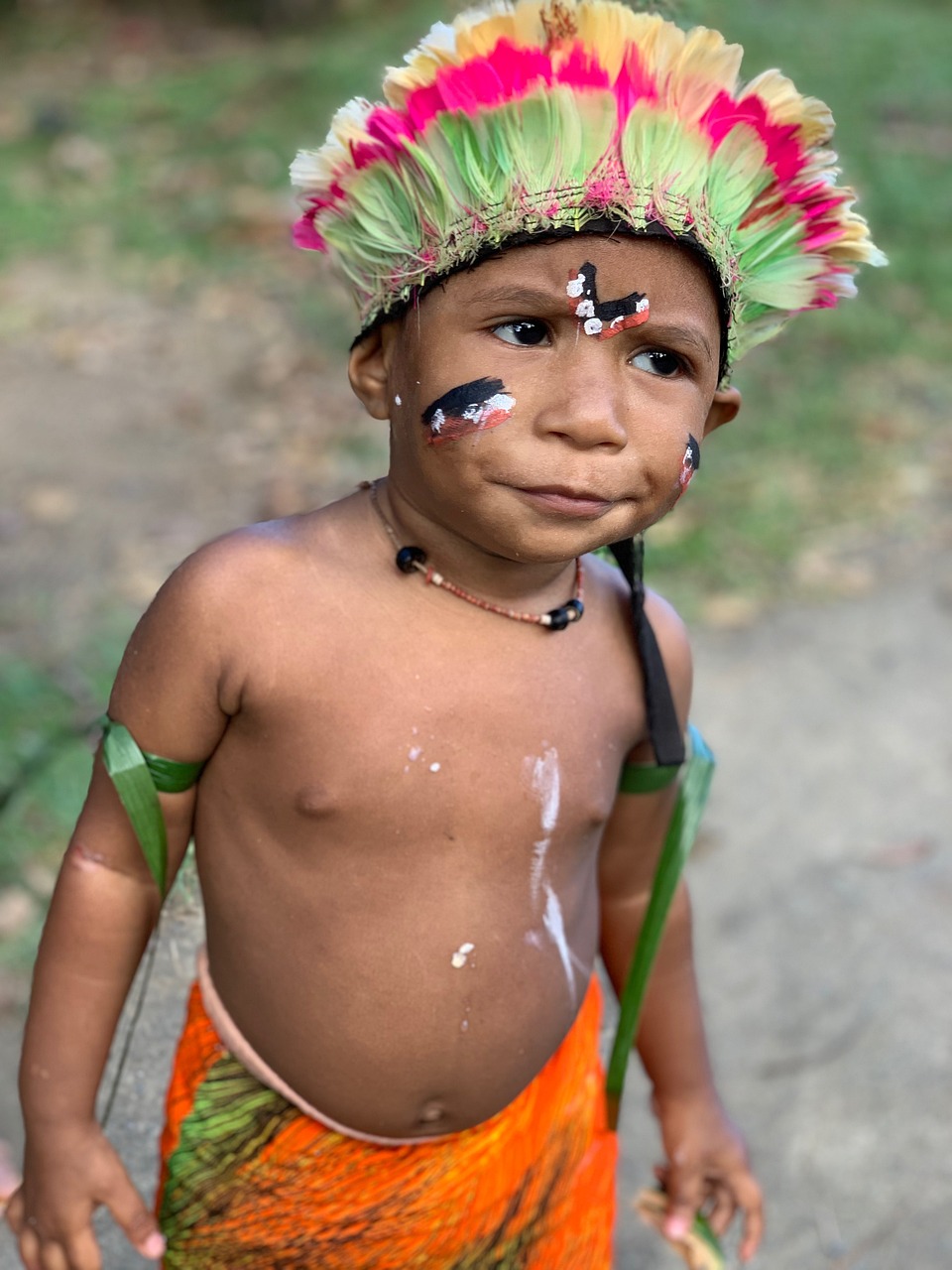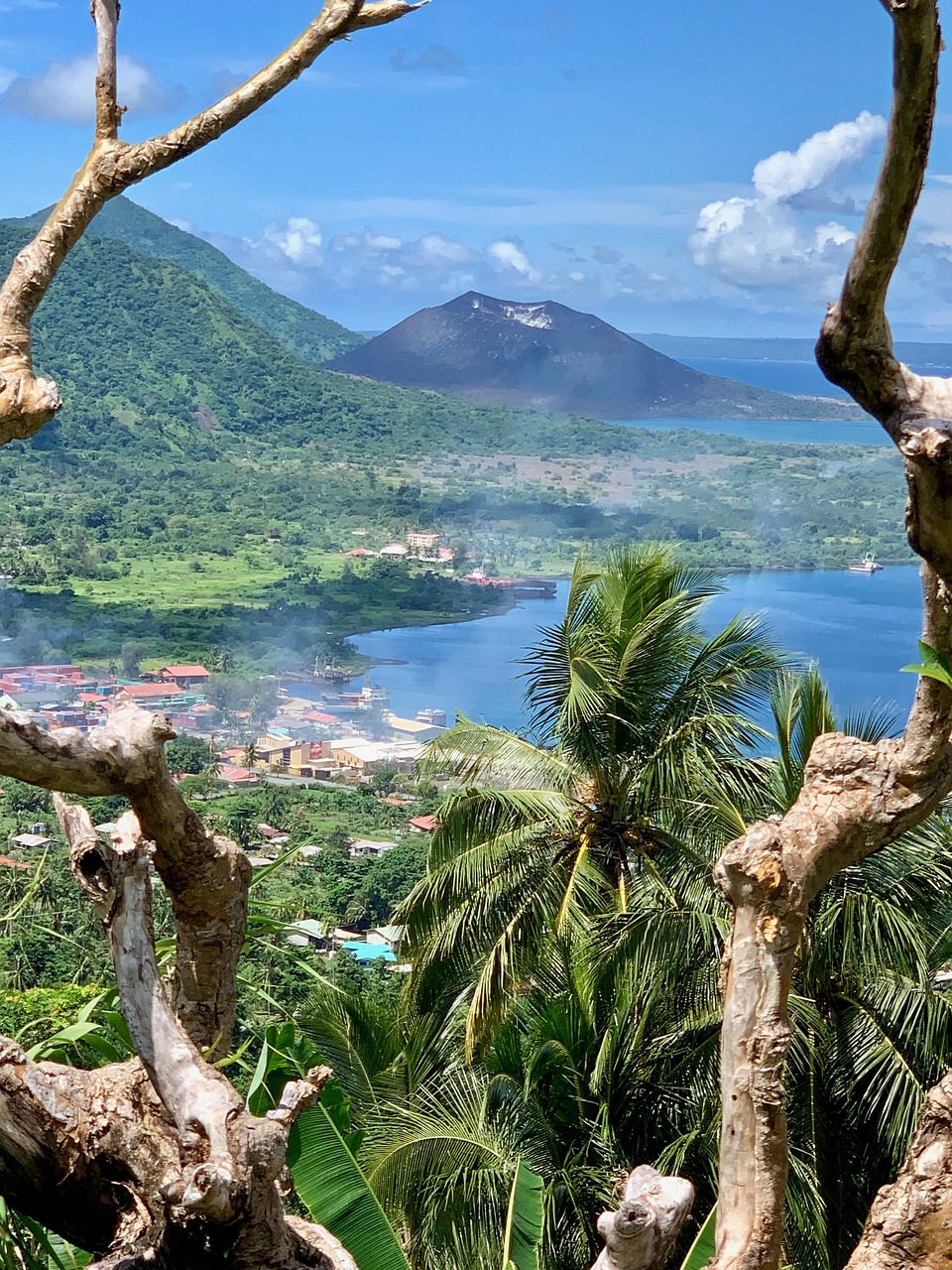Papua New Guinea Video
Insider Tips: Avoiding Tourist Traps in Papua New Guinea
Papua New Guinea is a stunning and diverse country located in the southwestern Pacific Ocean. With its rich cultural heritage, breathtaking landscapes, and unique wildlife, it has become an increasingly popular destination for travelers seeking adventure and exploration. However, like any other tourist destination, Papua New Guinea has its fair share of tourist traps. To help you make the most of your trip and avoid falling into common pitfalls, here are some insider tips to keep in mind.
Understanding the Local Culture
1. Respect Local Customs: Papua New Guinea is home to hundreds of different ethnic groups, each with its own language, traditions, and customs. It is crucial to respect and appreciate the local culture during your visit. Take the time to learn about the customs and traditions of the specific area you are visiting and interact with the locals in a respectful manner.
2. Dress Appropriately: Modest clothing is generally expected in Papua New Guinea, especially in rural areas and villages. Avoid wearing revealing or offensive clothing, particularly when visiting sacred sites or participating in cultural events. It is always a good idea to carry a sarong or shawl to cover up when needed.
3. Learn Basic Phrases: While English is widely spoken in urban areas, learning a few basic phrases in Tok Pisin, the most widely spoken language, can go a long way in connecting with the locals and showing respect for their culture. Simple greetings and expressions of gratitude will be greatly appreciated.
Exploring Nature and Wildlife
1. Choose Responsible Tour Operators: When booking tours or activities, opt for operators that prioritize sustainable and responsible practices. Look for companies that support local communities, protect the environment, and promote ethical wildlife encounters.
2. Be Mindful of Wildlife Conservation: Papua New Guinea is home to an incredible array of unique wildlife, including the famous Birds of Paradise. When observing wildlife, maintain a safe distance and avoid touching or feeding them. Respect their natural habitat and do not participate in activities that exploit or harm animals.
3. Follow Environmental Guidelines: The natural beauty of Papua New Guinea is fragile and needs to be preserved. Always follow designated trails, dispose of waste properly, and avoid littering. Respect any restrictions or regulations in protected areas to ensure the preservation of the environment for future generations.
Navigating Transportation
1. Choose Reliable Transportation Providers: When traveling within Papua New Guinea, it is essential to choose reliable transportation providers. Opt for reputable airlines, well-established taxi services, or recommended tour operators to ensure your safety and comfort.
2. Negotiate Taxi Fares: Taxis in Papua New Guinea often do not have meters, so it is important to negotiate the fare before starting your journey. Ask locals or your accommodation for an estimate of the appropriate fare to avoid being overcharged.
3. Research Public Transportation Options: Public transportation in Papua New Guinea can be limited, especially in rural areas. Do your research beforehand to understand the available options and schedules. It may be necessary to rely on private transportation or organized tours to reach certain destinations.
Choosing Accommodation
1. Research Accommodation Options: Prior to your trip, research different accommodation options that suit your preferences and budget. Read reviews from trusted sources and consider factors such as location, amenities, and safety.
2. Opt for Locally-Owned Guesthouses: Staying in locally-owned guesthouses not only supports the local economy but also provides a more authentic cultural experience. These guesthouses often offer personalized service and local insights that can enhance your stay.
3. Consider Safety and Security: Prioritize your safety when choosing accommodation. Select accommodations with proper security measures, such as secure entrances, well-lit areas, and reliable locks. It is also advisable to check the safety ratings of the area you plan to stay in.
Sampling Local Cuisine
1. Embrace the Local Food: Papua New Guinea offers a rich and diverse culinary scene. Embrace the opportunity to try local dishes and flavors. From fresh seafood to tropical fruits and traditional dishes like mumu (a cooking method), exploring the local cuisine is a must.
2. Eat at Local Markets: One of the best ways to experience the local food culture is by visiting local markets. These bustling hubs offer a wide variety of fresh produce, street food, and traditional snacks. Immerse yourself in the vibrant atmosphere and savor the flavors of Papua New Guinea.
3. Seek Recommendations: Ask locals or fellow travelers for recommendations on the best places to eat. They can provide valuable insights into hidden gems and authentic dining experiences that may not be listed in guidebooks.
Enjoying Cultural Experiences
1. Attend Cultural Festivals: Papua New Guinea is known for its vibrant cultural festivals, which showcase traditional dance, music, and art. Check the festival calendar and plan your visit to coincide with these events to witness the rich cultural heritage of the country.
2. Visit Local Museums and Art Galleries: Museums and art galleries provide a deeper understanding of Papua New Guinea’s history, art, and cultural traditions. Explore these institutions to learn about the diverse cultures and artistic expressions of the country.
3. Engage with Local Communities: Interacting with local communities is a fantastic way to learn about their way of life and traditions. Participate in community-led activities, such as village visits or homestays, to gain firsthand insights into the local culture.
Image 1: Papua New Guinea

Staying Safe
1. Stay Informed: Stay updated on the latest travel advisories and safety information for Papua New Guinea. Register with your embassy or consulate and follow their recommendations during your visit.
2. Be Vigilant in Urban Areas: Like any city, urban areas in Papua New Guinea may have higher crime rates. Take precautions such as avoiding poorly lit areas at night, not displaying valuable items, and being aware of your surroundings.
3. Travel in Groups: When exploring remote areas or engaging in adventurous activities, it is advisable to travel in groups or with a reputable guide. This ensures safety and provides assistance in case of emergencies.
Image 2: Papua New Guinea

Conclusion
Papua New Guinea offers a wealth of natural beauty, cultural experiences, and adventure. By following these insider tips, you can navigate the country with confidence, avoid tourist traps, and make the most of your time in this captivating destination. Remember to respect the local culture, prioritize responsible tourism, and immerse yourself in the unique experiences that Papua New Guinea has to offer.
References
- Tourism Papua New Guinea: www.tourismpng.com
- Lonely Planet – Papua New Guinea: www.lonelyplanet.com/papua-new-guinea
- Papua New Guinea Tourism Promotion Authority: www.pngtourism.org.pg
- World Travel Guide – Papua New Guinea: www.worldtravelguide.net/guides/oceania/papua-new-guinea
Image 3: Papua New Guinea



